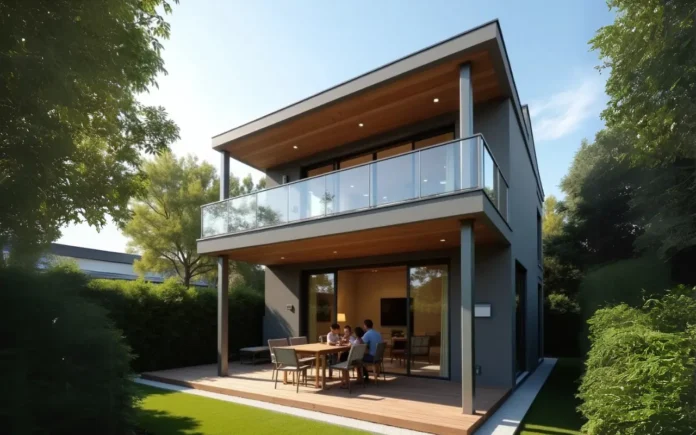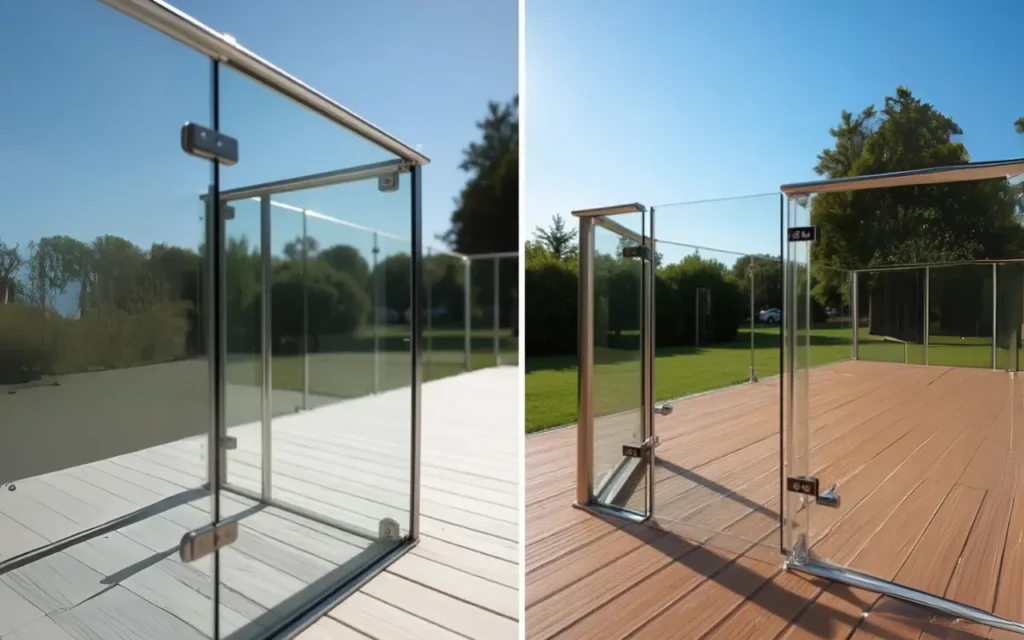
In modern architecture and home design, glass panel railing has emerged as a favorite for those who value clean lines, safety, and open views. Whether you’re renovating your deck, building a new balcony, or adding a stylish indoor stair railing, glass is no longer just about luxury—it’s a practical and functional choice.
Why Choose Glass Panel Railings?
Glass railings visually expand your space. Unlike wood or metal systems that block the view, glass allows natural light to flow and showcases your landscape, garden, or city skyline. That makes it ideal for small balconies, rooftop patios, and even staircases inside the home.
But aesthetics aren’t the only advantage. Glass is durable, weather-resistant, and safer than many people assume—especially when you choose the right type and follow proper installation practices.
Know Your Glass: Safety First
For railing systems, only use tempered or laminated safety glass. Tempered glass is heat-treated and, if broken, shatters into small, less dangerous pieces. Laminated glass has a film layer between two sheets, holding the panel together even if cracked. Both meet Canadian safety standards and are ideal for homes with children or pets.
Framed or Frameless?

Frameless systems are often chosen for their elegant, uninterrupted look. However, if safety is a top concern—especially in high-traffic or elevated areas—a framed system with aluminum or steel support posts provides additional strength. Aluminum frames are corrosion-resistant and require minimal maintenance, making them perfect for the Canadian climate.
Height, Gaps, and Code Compliance
Check your local building codes. In Ontario, for example, deck railings must be at least 36″ high for decks under 5’10” and 42″ for higher structures. The space between glass panels, posts, or balusters should not exceed 4″ to prevent small children from slipping through.
These small technical details ensure your railing isn’t just stylish but also safe and legal.
Installation Tips for Longevity
Whether you choose top-mounted or side-mounted railings, make sure to use rust-proof hardware, especially in humid or coastal areas. Your base must be solid—glass doesn’t flex like wood, so improper anchoring can cause cracking or failure over time.
Pro tip: if you’re unsure, always hire a licensed and experienced railing installer. Mistakes in leveling, spacing, or hardware can be costly.
Cleaning & Maintenance
Glass is easier to maintain than it seems. A soft cloth and a mix of warm water and mild detergent usually do the trick. Avoid harsh chemicals or abrasive pads that can scratch the surface. Clean your railings every few weeks—especially during pollen-heavy seasons—and inspect hardware yearly to ensure nothing has loosened.
Add Functionality Without Compromising Style
Even if you love the frameless aesthetic, consider adding a minimal top rail. It provides a place to rest your hand and adds structural stability, especially for longer spans. You can choose slim aluminum rails that don’t interrupt the look but enhance strength and safety.
Final Thoughts
Choosing glass panel railing is a long-term investment in your home’s value and comfort. It brings in light, improves your view, and offers a clean, modern finish that matches any design. With the right material, proper setup, and regular maintenance, your glass railing will stay beautiful and secure for decades.
FURTHER READING









